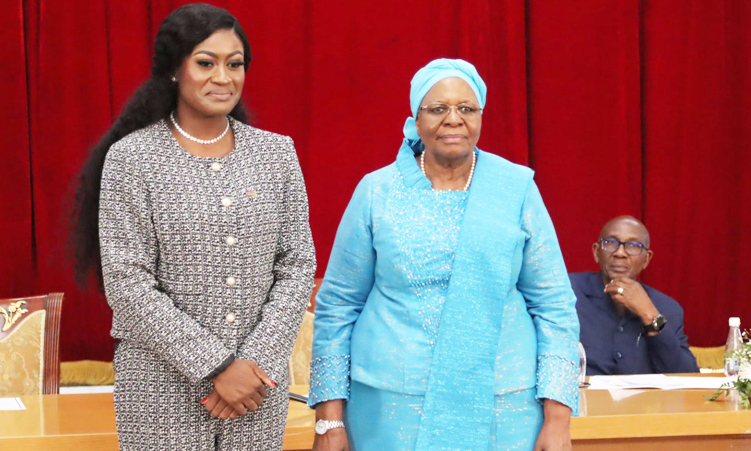If you’ve ever spent any time on any book-related social media platform, you would have seen the constant criticism often directed at the publishing industry.
Whether it is about gatekeeping in the industry, manuscripts by minority authors being ignored, TikTok’s BookTok having too much influence over what gets traditionally published, or the overall whitewashing often occurring in the industry.
One such piece of criticism comes from, ironically, the industry itself, in the form of Chinese author Rebecca Kuang’s ‘Yellowface’, published by HarperCollins in 2023.
‘Yellowface’ is a satirical metafiction thriller following failing author June Hayward, as she steals literary darling Athena Liu’s manuscript ‘The Last Front’.
After Athena dies in a ridiculous freak accident, June acts on impulse when she realises she has the opportunity to claim the just-finished experimental novel about the unsung contributions of Chinese labourers during World War I as her own.
But because June is white, she, along with her new publisher, decide to rebrand her as Juniper Song, with an ethnically ambiguous author photo.
“You’re not … anything else?”
After all, wasn’t Athena only successful because publishers wanted to boast about their Asian American author?
However, as June hits the New York Times bestseller list, it becomes clear that she cannot escape Athena’s shadow, especially as new evidence emerges on social media (or the equivalent of what used to be real-life BookTwitter) threatening to destroy her ‘well-deserved’ success.
“I don’t have yellow fever, I’m not one of those creepy dudes who write exclusively about Japanese folklore and wear kimonos and pronounce every loan word from Asian languages with a deliberate constructed accent – I mean, before ‘The Last Front’, I had absolutely no interest in modern Chinese history whatsoever.”
‘Yellowface’ was, without a doubt, received with very divisive reviews from critics and readers alike.
It successfully highlights the lack of diversity in the publishing industry, as well as how social media can be used to push whichever narrative one desires.
“But now, I see, author efforts have nothing to do with a book’s success. Bestsellers are chosen. Nothing you do matters. You just get to enjoy the perks along the way.”
On the other hand, ‘Yellowface’ is sure to make its readers uncomfortable, from the title, an offensive term referring to the practice of wearing make-up to imitate the appearance of an East Asian person, to the cover, with its cartoon slanted eyes, a racial stereotype.
This is sure to make reading ‘Yellowface’ an unnerving and uncomfortable experience.
“Reading about racism should not be a feel-good experience. I want people to be uncomfortable with the way that they’re trained to write about and market and sell books, and to be uncomfortable with who’s in the room, and how they’re talking about who’s in the room,” says the 27-year-old Kuang about her first literary fiction book.
Whether one rates ‘Yellowface’ 10 out of 10 or whether it makes your skin crawl, a few things are certain: it will be divisive, it will force difficult discussions with uncomfortable truths, and it will force us to shine a critical light on the global book publishing industry.
Stay informed with The Namibian – your source for credible journalism. Get in-depth reporting and opinions for
only N$85 a month. Invest in journalism, invest in democracy –
Subscribe Now!










